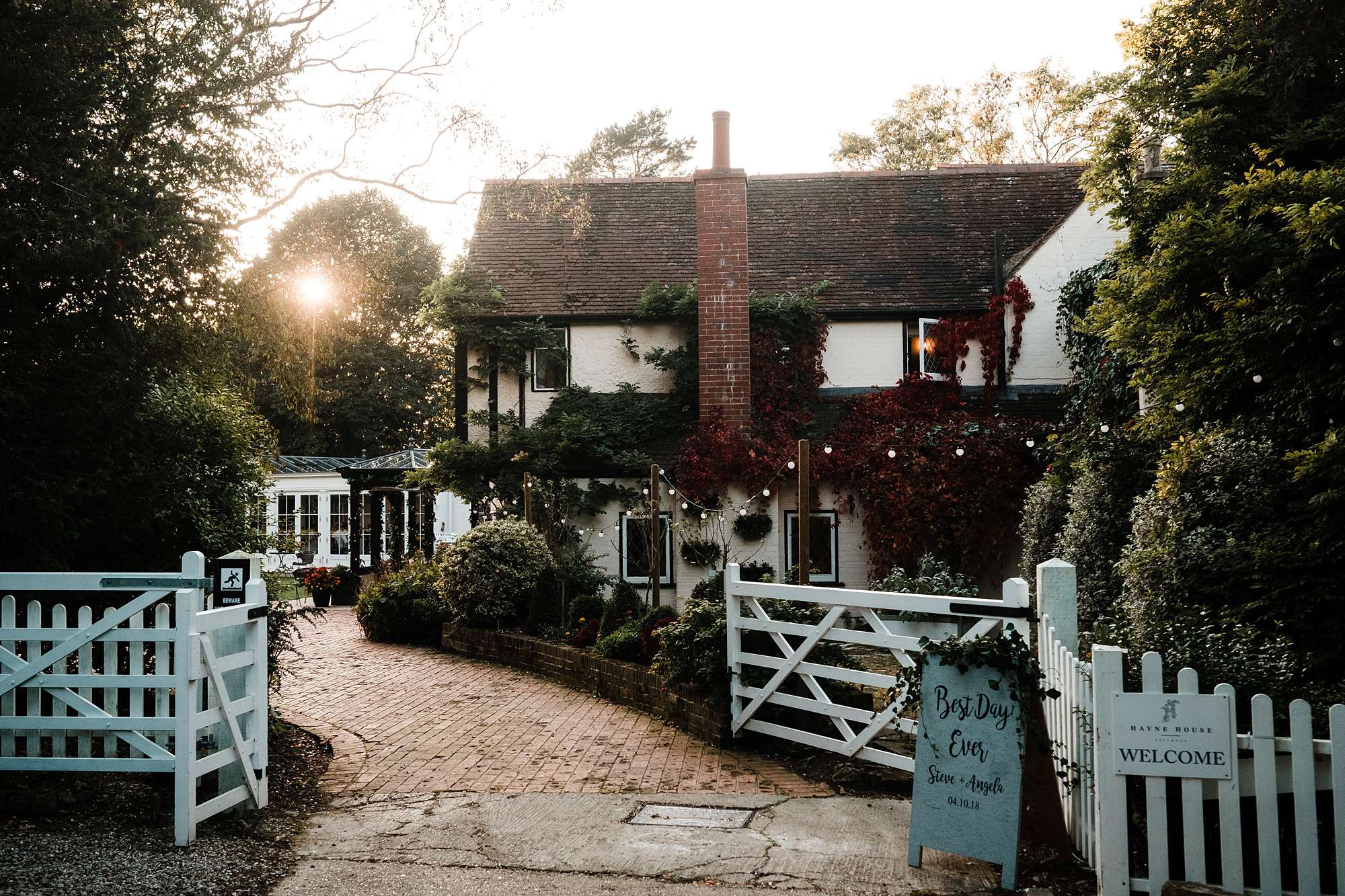
06 Aug Marry the House. Date the Rate.
A number of experienced and novice real estate investors have approached me in the past six months to say they are waiting for interest rates to fall before they buy their next investment property. In the past year, mortgage interest rates have almost doubled. The spike in mortgage rates for non-owner occupied properties has generally increased even more than the rates for owner-occupied homes. A large number of homebuyers and investors have temporarily dropped out of the market, with many hoping that interest rates and housing prices will both go down.
Trying to time the market is hard to do, and even the experts get it wrong most of the time. A real estate investor who sits on the sidelines waiting for the perfect market conditions may never buy. If you never pull the trigger to buy, then you miss out on rental income, price appreciation, and tax advantages like depreciation and mortgage interest deductions. You won’t gain valuable experience, and your network of trusted vendors won’t really grow. It is in taking action that experience and profits are created. You cannot win the game if you never get in the game.
A house flipper should not care too much about their interest rate because they presumably would only hold the loan for a few months. In a rapidly rising interest rate environment, there will likely be fewer buyers in the marketplace. Some buyers will have to lower their price range. Home prices may stabilize or go lower in such a market. Days on market will likely increase. So while flippers should not care too much about interest rates, they should be cautious about the market they are trying to flip into. More important than the flipper’s mortgage rate are the purchase price, renovation costs, and After Repair Value.
Landlords, whether they use a purchase money mortgage or plan to conduct a cash-out refinance later via the BRRRR (Buy, Renovate, Rent, Refinance, and Repeat) Method, will have to live with an interest rate for a while. However, in an inflationary environment, landlords typically can raise rents while their financing expenses remain the same. The key for landlords is whether they can maintain a sufficient positive monthly cash flow. Even if there is a recession, people need a place to live. Some landlords might have to deal with non-payment of rent, yet that problem is typically overcome with a legal eviction.
What if interest rates tend to rise over the next five years? If an investor sits on the sidelines all that time, they won’t grow their wealth. However, if you take action now, you can build your portfolio and profits to a point that in five years, you could be financially free.
If you buy real estate and interest rates come down, you can easily refinance to a lower rate and monthly payment. By following basic investing principles, you will win in a rising interest rate environment and also in a declining rate environment. Buy assets that create passive income, and use that passive income to buy more assets that produce more passive income. Marry the house, and date the rate!
Tai DeSa is a graduate of The Wharton School of the University of Pennsylvania. He became a full-time real estate investor in 2004 after serving in the U.S. Navy. Tai has made colossal mistakes in investing (and learned some things along the way). He has helped hundreds of homeowners avoid foreclosure through successful short sales. Check out Tai’s books on Amazon.com. Tai may be available for coaching and speaking engagements on a variety of real estate topics. Send an email to tai@investandtransform.com.






No Comments